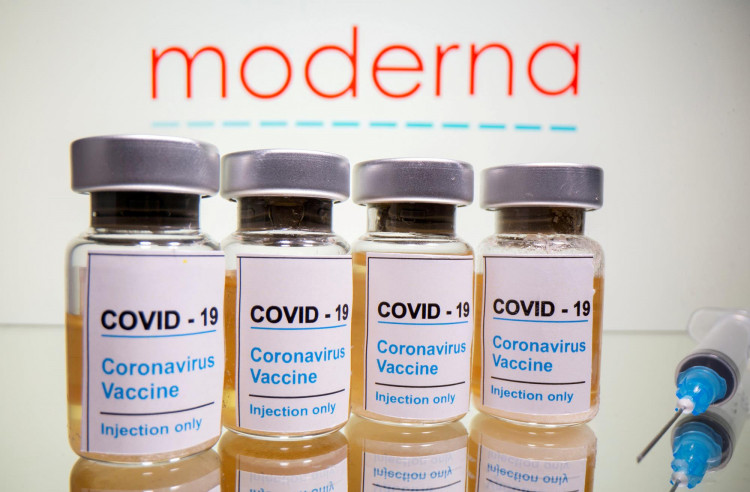Drug maker Moderna confirmed it has started early-stage studies on the highly-anticipated, next-generation coronavirus vaccine that could improve distribution and storing because it can be shipped at a higher temperature.
Goodbye, Freezer. Hello, Fridge!
Moderna's new COVID-19 vaccine is expected to be a more efficient version than the previous one, dubbed as mRNA-1273 as the company is working to possibly store and ship the vaccine in refrigerators.
The current vaccine is recommended storage is in a freezer between -25ºC and -15ºC or -13ºF and 5ºF. Furthermore, the vaccine is shipped frozen.
The U.S. Centers for Disease Control and Prevention (CDC) also noted on its website that the "temperature range" for the vaccine "is tighter," and requires routine checking to ensure that the freezer's temperature range is appropriate for the vaccine so chemical reactions in higher temperatures don't break down the vaccine.
The new vaccine can be stored in a refrigerator under proper storing guidelines after it is shipped from Moderna. Shipping and distributing vaccines that require freezer temperatures has proven to be a challenge to many developing countries
If Moderna successfully comes up with a vaccine that can be shipped in refrigerators, distribution costs can be reduced and the possibilities of wasted doses can be minimized. Moderna is reportedly planning to review the vaccine candidate's possible efficacy as a booster shot.
So far, the pharmaceutical company has been targeting a coronavirus variant called the B.1.351 in its booster shot studies. The variant was first detected in South Africa.
Last month, the New England Journal of Medicine published two letters suggesting that Moderna's mrna-1273 vaccine may not be as effective against the B.1.351 variant, but it can provide better protection against the UK B117 variant.
Americans Largely Followed-Up on Second Dose
Meanwhile, a new CDC study indicated that in the U.S., 9 in 10 people completed their coronavirus vaccine doses, a scenario that medical experts initially raised concerns about.
Moderna's vaccine has a two-dose schedule that will ensure better protection against the novel coronavirus that has already killed more than two million people worldwide.
When the first two COVID-19 vaccines were approved in the United States, health experts were concerned that people who received their first shots may not follow through with the second dose.
The new CDC study has raised hopes that more people will get vaccinated as pharmaceutical companies and governments find more ways to make vaccines available even in hard-to-reach areas.






